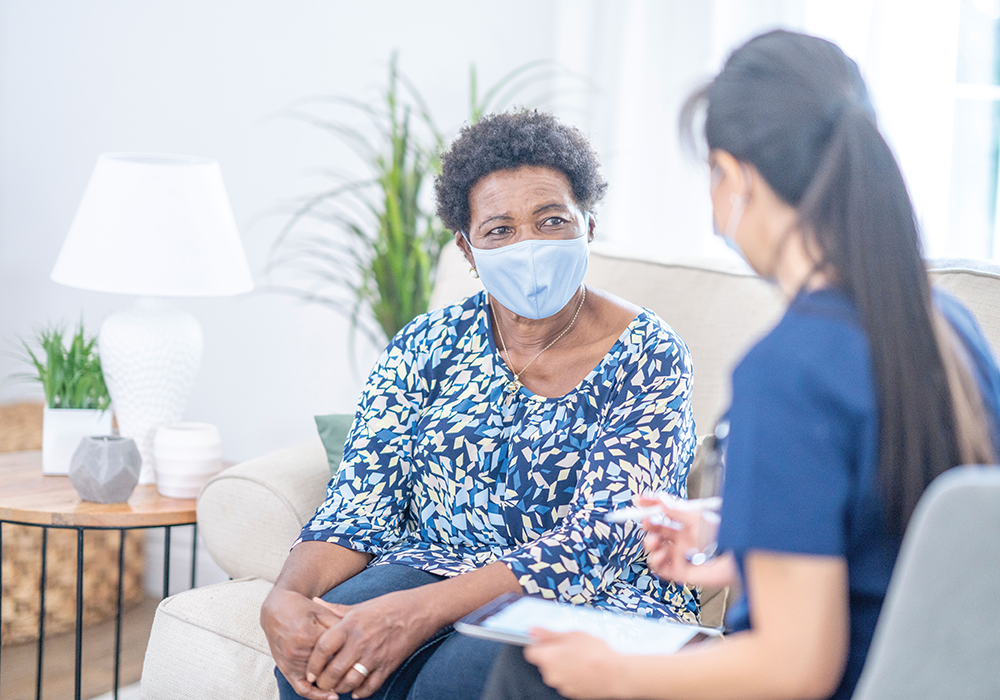Death rates fell about 2% per year from 1999–2019 for Black patients with cancer, researchers reported in study findings published in JAMA Oncology; however, the population’s cancer mortality remains higher than other racial and ethnic groups for most cancer sites.
For their serial, cross-sectional study, researchers used U.S. national death certificate data from the National Center for Health Statistics for all cancer deaths reported among people aged 20 or older from January 1999–December 2019. During the study period, 1,361,663 Black patients died from cancer.
The researchers found that Black patients’ mortality rates decreased by 2% per year, falling faster among males (2.6% per year) than females (1.5% per year) across most cancer types. The largest decreases were in lung cancer among males (3.8% per year) and stomach cancer among females (3.4% per year). However, deaths from liver cancer increased among older Black males and females and deaths from uterine cancer increased among Black females.
When comparing the data across racial and ethnic groups, the researchers found that Black males and females had higher cancer mortality, both overall and for most cancer types, than White, Asian or Pacific Islander, American Indian or Alaska Native, and Hispanic or Latino males and females. For example, prostate cancer mortality was nearly 5 times higher and breast cancer nearly 2.5 times higher among Black than Asian or Pacific Islander males and females, respectively.
The researchers credited improved access to screening, early detection, treatment advancements, and lifestyle changes (e.g., smoking cessation) for the increased survivorship in Black patients. But the disparities that elevated mortality rates compared to other racial and ethnic groups could be attributed to a variety of systemic and preventable barriers to quality care.
Whether it’s screening, timely diagnosis, or evidence-based treatments, “Black individuals continue to have a delay in care or receive poorer care than their White counterparts,” the researchers said. They added that Black patients are also more likely to lack access to specialists, see physicians with limited clinical resources, and live in communities with greater exposure to environmental carcinogens such as air pollution.
They also recognized COVID-19’s disproportionate effect on access to cancer care in Black communities in the United States, such as a larger decline in breast cancer screening.
“These factors could cause the decline in cancer death rates among Black individuals to slow in coming years,” the researchers said.






